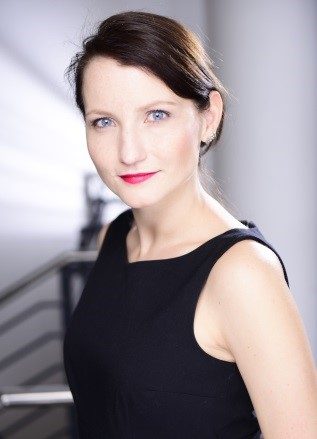Lecture on “New approaches for practical and time efficient cloning, construct design and the strategic selection of protein-protein interaction techniques” at Vanderbilt University
September 4-10, 2019: Syllabus – CPBP 8330 – Special Topics in Protein Biochemistry:
Dr. Dr. Ines Liebscher
Leipzig University, Medical Faculty, Institute of Biochemistry
Date
04 – 10 September 2019
Venue
Departments of Chemistry, Pharmacology, and Biomedical Informatics, Center for Structural Biology, and Institute of Chemical Biology, 465 21st Ave South, BIOSCI/MRBIII, Room 5131, Nashville, TN 37232-8725
Program: Research techniques are always changing, they develop and improve and sometimes it is hard to stay fully informed. In this module we will talk about different methods and techniques you want to use to be most efficient in your project.
In the first half of the module we will introduce you to the basics and the latest cloning techniques. First, we will talk about vector design and what to consider for your perfect plasmid for cell culture experiments or protein expression. Second, we will show you where to get your plasmids and how to modify them by e.g. introducing tags or mutations. This will be accompanied with a practical part where we will compare the different techniques and strategies in a lab setting.
In the second half of the module we will talk about different techniques to study protein-protein interactions. These interactions can be very versatile and not every biophysical method can be applied for every system. Therefore, we will compare advantages and disadvantages of different techniques which are available at Vanderbilt like NMR spectroscopy, X-ray crystallography, MST (microscale thermophoresis), SPR (surface plasmon resonance), ITC (isothermal titration calorimetry) and fluorescence spectroscopy. We will address for example: which technique to use for a weak or strong interaction; what to do when you get different affinities with different techniques; what to do when you want to characterize a membrane protein or an unstable protein. In the final part of the module, we will introduce in-cell assays which are helpful to verify your in-vitro findings for your protein-protein interactions.
Date and Time
The class will meet on 5 days in the week of September 4th always 9am-12pm and 1-4pm Additionally, relevant, recent literature will be assigned for reading. Additionally, students will develop a cloning strategy for a protein of their interest. This is a one credit course.
Registration
Students who wish to take the class for credit should register as soon as possible! Students, postdocs, and faculty who wish to audit the class are welcome. Please send a note to Jens Meiler ().
The research stay of Dr. Dr. Ines Liebscher is funded by the Max-Kade Foundation.

